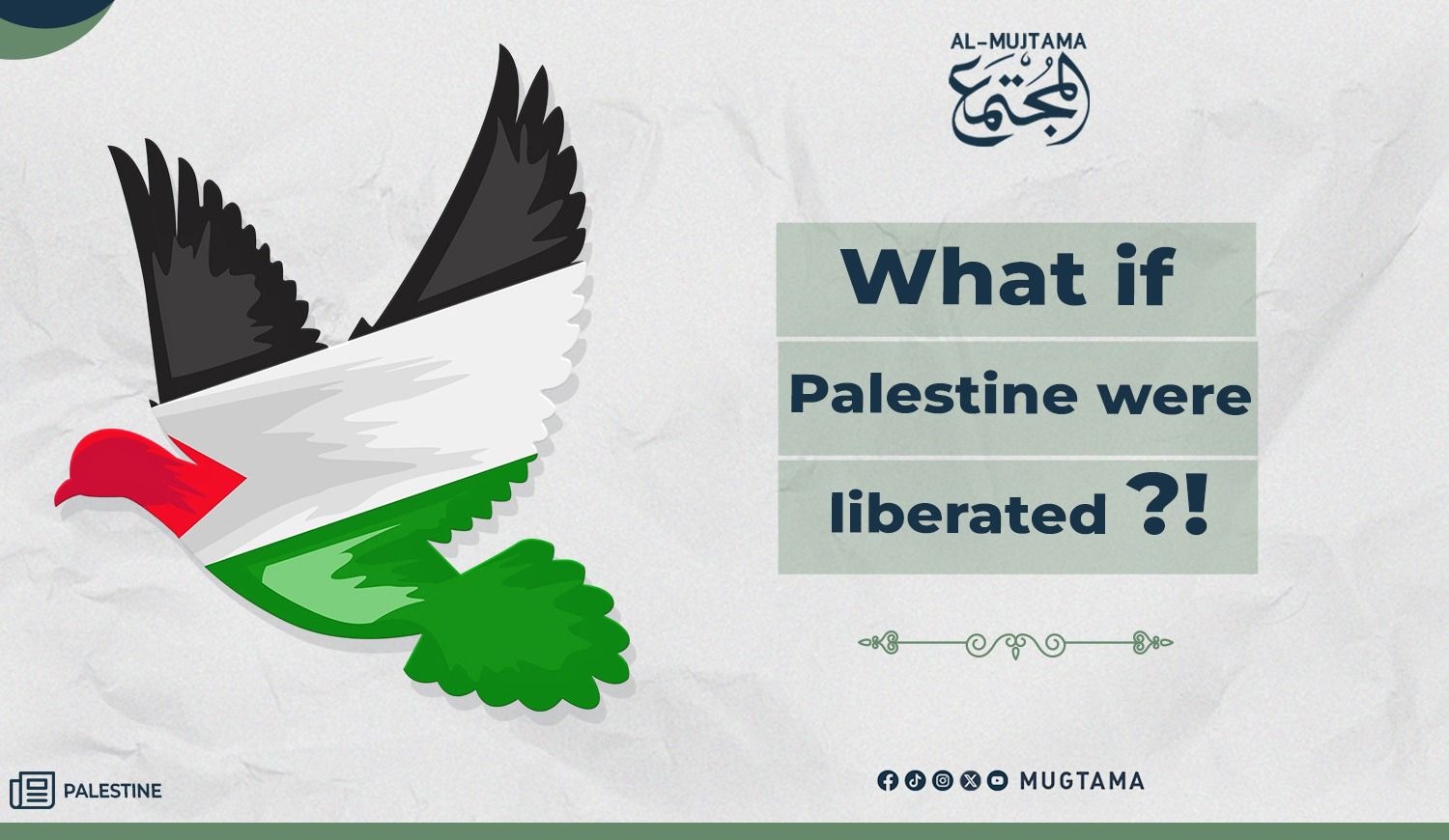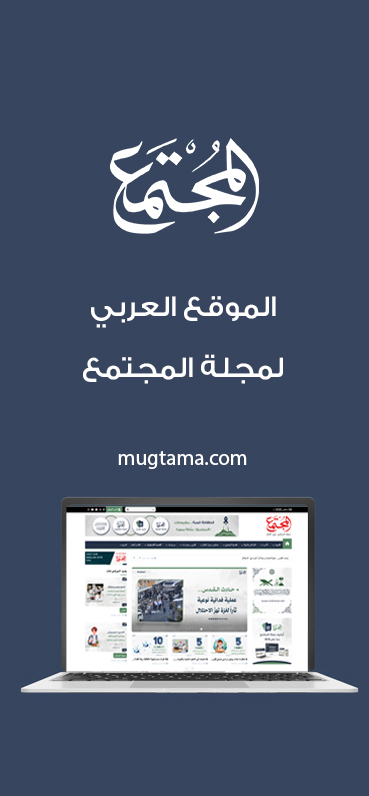What if Palestine were liberated?

Overnight, Egypt broke free
from the grip of Zionist occupation. Algeria cast off the shackles of French
colonial rule. India overcame British imperial dominance. The Berlin Wall fell,
freedom was built in Eastern Europe, and South Africa transformed from a racial
prison into a mature democracy.
No one had foreseen those
moments, yet they came to pass. So, is it impossible for such a moment to be
written for Palestine? For the world to wake up one day and find it
free—without checkpoints, without bombardment, without famine, without prisons,
without massacres, without occupation, without Judaization?
What if the call to prayer
rang out without fear, Gaza’s children raced their bicycles through the streets
of Jaffa, young girls visited Haifa’s shore for the first time, Muslims
celebrated Eid in the squares of Jerusalem, and the Palestinian story was
taught in universities worldwide without distortion?
What if Palestine were free?
From a religious perspective… What if Palestine were liberated?
If Palestine were liberated,
Muslims would hasten between Al-Masjid al-Haram and Al-Aqsa Mosque—driven by
longing, faith, devotion, and the pursuit of multiplied rewards and blessings.
If Palestine were liberated,
justice would be restored to its rightful owners, and corruption would be
eradicated from the blessed land of the prophets. As the Almighty says: (Glory be to the One Who took His servant ˹Muḥammad˺ by night from the Sacred Mosque to the Farthest Mosque whose
surroundings We have blessed, so that We may show him some of Our
signs. Indeed, He alone is the All-Hearing, All-Seeing.) (Al-Isra:1) If Palestine were liberated, all Muslim lands
would be freed from every form of injustice and tyranny. Unity of ranks and
strength of faith would be restored, and the leadership of the world would
return to the hands of the Muslims—just as it once was.
From a political perspective… What if
Palestine were liberated?
The liberation of Palestine
would mark the rise of Arab will from beneath the rubble of division and
fragmentation, the freeing of the Palestinian decision from dependency, and the
restoration of the nation’s dignity. It would expose the falsehood of the
occupation before international forums and reshape the global political map.
The Middle East would emerge as a new center of global influence, with regional
balance restored in favor of Arabs and Muslims.
The Arab political discourse
would gain greater weight in international arenas, the U.S.’s exclusive role as
the sole mediator in Middle Eastern affairs would diminish, and major powers
would be compelled to reassess their alliances with the Zionist entity.
From an economic perspective… What if Palestine were
liberated?
The
Muslim world would unite to rebuild, opening the door to both Arab and
international investments. Palestine would emerge as an economic hub thanks to
its strategic location and fertile lands that once yielded Jaffa’s oranges and
Jerusalem’s olives, as well as its untapped natural gas reserves long stifled
by blockade. Trade agreements would be forged free from the constraints of
occupation and U.S. interference, the Palestinian economy would be reconnected
with the regional market, and Palestinian talents abroad would return to
strengthen their homeland’s economy.
Religious
tourism alone could bring billions to Palestine once stability is achieved, and
airspace and border crossings are opened. Former conflict zones would transform
into engines of economic attraction, and the Arab world would have the
opportunity to build an integrated economic model at the heart of the
region—provided there is good governance, along with political and security
stability.
From a social perspective… What if
Palestine were liberated?
Thousands
of Palestinian refugees scattered across the globe would finally return to
their homes and homeland. Families torn apart by bombardment—separated for
decades despite living on the same soil—would be reunited. The psychological
scars on children would begin to fade, bodies worn thin by hunger would grow
strong again, health would return to those exhausted by illness, and smiles long
hidden by pain would reappear.
Schools
and universities would reopen, ignorance and poverty would be buried, and
Palestinian scholars would shine across the world. National symbols would be
restored, a renaissance would rise, violence would vanish, bloodshed would
cease, and social and cultural life would flourish once oppression and
imprisonment were gone. The story of Palestine—its patience, struggle, and
unwavering hold on the land—would be told. The martyrs would rejoice, and the
earth would dance for its rightful owners.
If
Palestine were liberated, life itself would be liberated.
Are these rewards not enough for us to
begin the journey?
If we
do not answer today to the tears of mothers, the cries of children, the gaze of
the hungry, and the steadfastness of the prisoners—then when will we respond?
When will we plant the first olive tree in the soil of a liberated Palestine,
and pray the victory prayer in Al-Aqsa, repeating: Praise be to Allah, who
united our hearts, gathered our scattered ranks, and restored the spirit of the
Ummah once more.
___________________________________________











